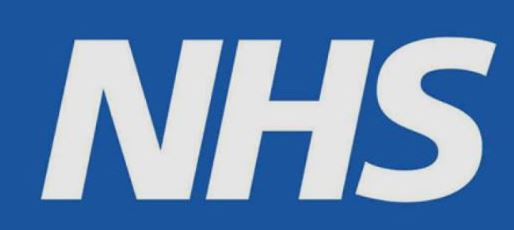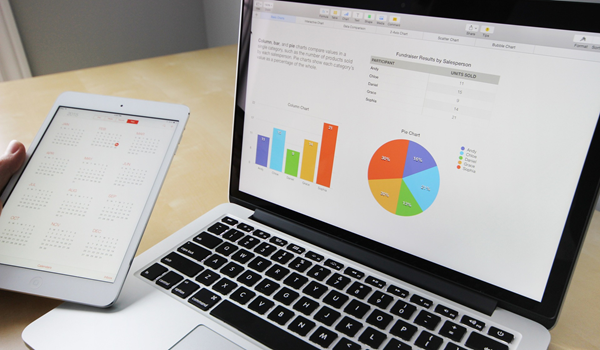Please call between 11.00 - 11.30 & 14.00 - 14.30 to enquire about your test results when a Doctor should be available to speak to you if necessary.
The practice has a strict policy regarding confidentiality and data protection.
Results can only be given to the patient concerned or parent/guardian of a child (under 16).
It is your responsibility to contact the surgery for your own test results.
Sometimes a doctor will suggest that an appointment with the clinician is made to discuss the results, and the receptionist will advise you of that.
Please remember the reception staff are there to help you and any questions they may ask are designed to assist the doctors in caring for your well-being.


